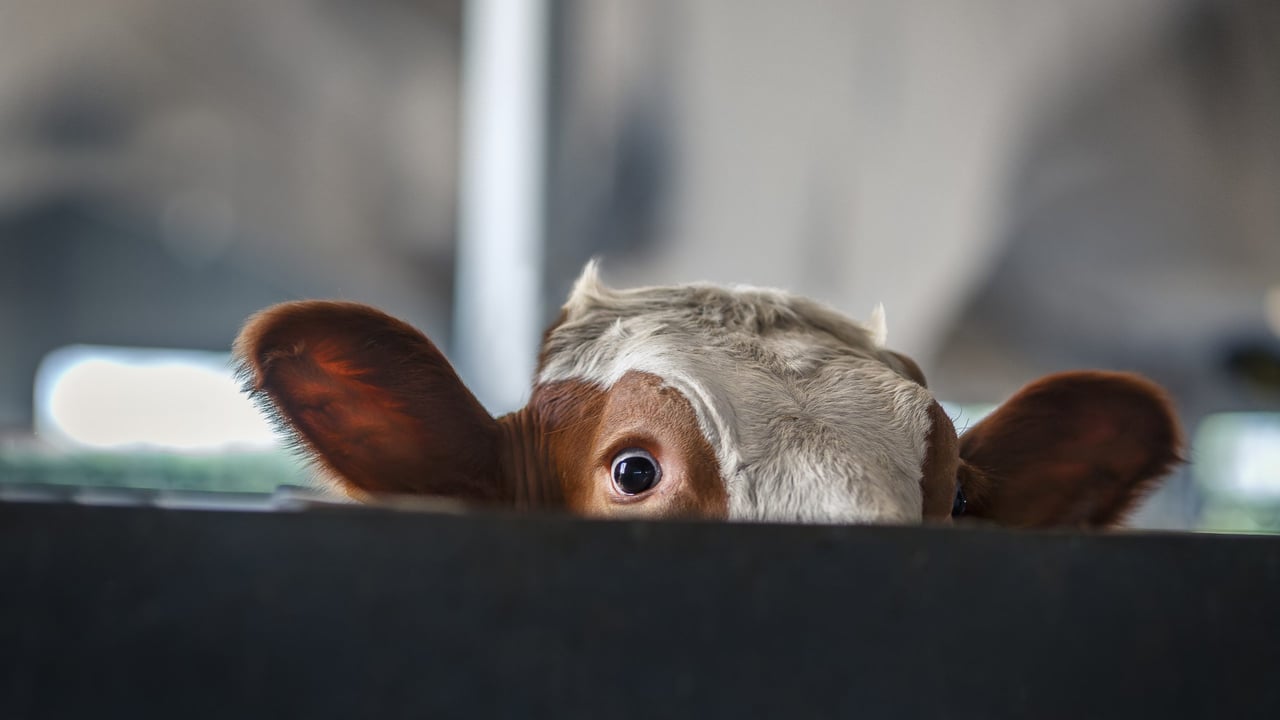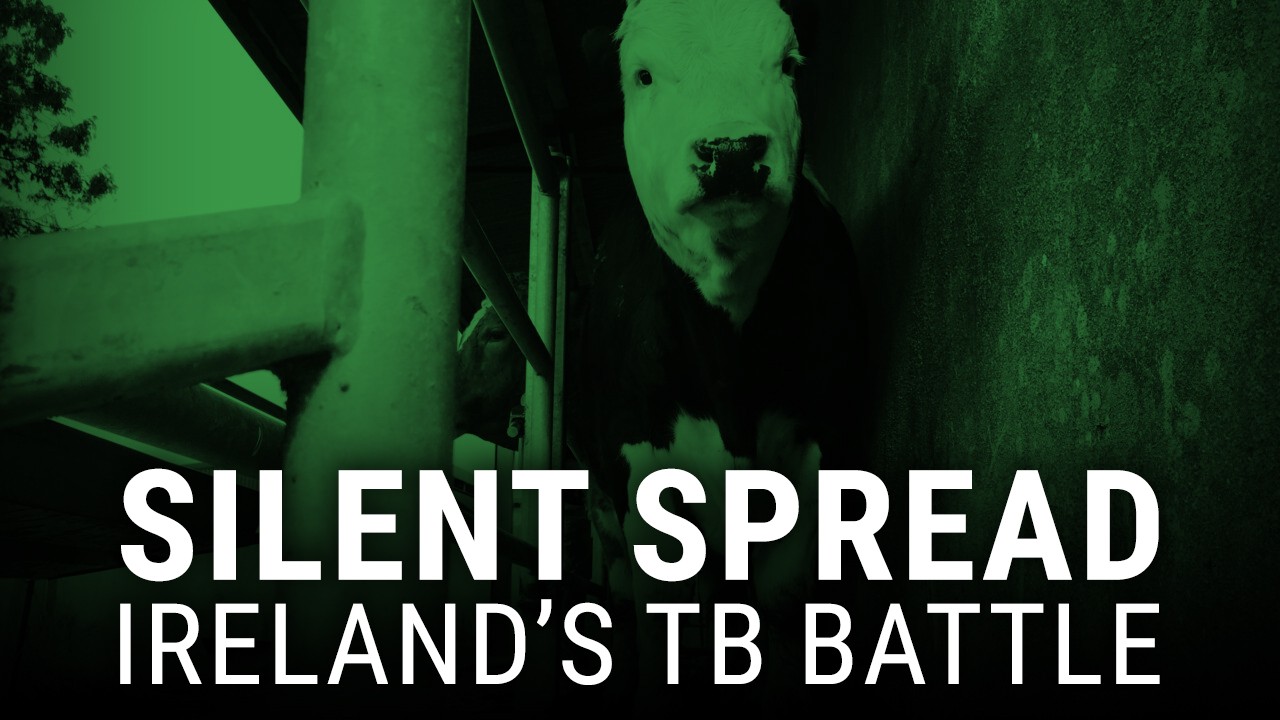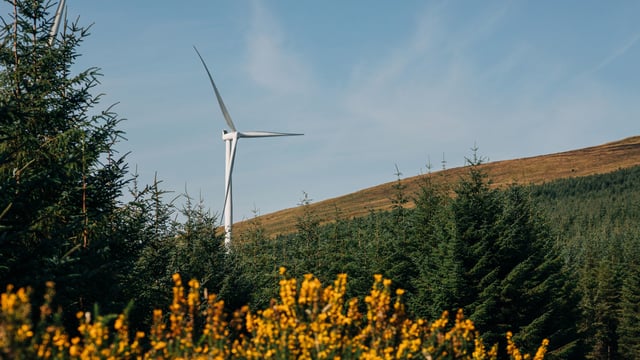TB in focus: Record high reactors, soaring costs and the impact on farmers
Latest national bovine tuberculosis (TB) statistics show reactor numbers have hit a high of 43,290, while total expenditure in the first six months of this year has soared to more than €52.01 million.
But behind the statistics is the very human cost of a TB outbreak on farm families, who have to put their daily lives on hold and then live with the fear that persists once a farm is declared TB-free.
This week Agriland's special focus - 'Silent spread- Ireland's TB battle' - will examine the devastating cost of the disease, both economically and emotionally, and how the TB challenge may shape farming in the future and government spending.
We visit one Kerry dairy farmer who lost his entire herd to the disease and find out how he rebuilt his herd.
We also find out how other countries have adopted new policies and a “strengthened partnership approach” in their campaigns to eradicate TB and how they are dealing with the persisting challenge of the disease.
During our special focus week on TB, Agriland will also examine why enhancing genetic resistance to the disease can significantly "reduce the number of reactors, minimise herd disruptions, and lower costs".
We also speak to the experts who are on the frontline of the battle against TB and find out what the latest research is telling us about the spread of the disease and what may be some of the key elements that might work when it comes to finding a solution.
Millions of euro has been spent on research and on compensation to farmers in Ireland, but the current approach has not halted the spread of the disease or prevented herd breakdowns.
However Minister for Agriculture, Food and the Marine, Martin Heydon has said he will unveil a new "action plan" to deal with rising TB levels in Ireland.
Last month, Minister Heydon said he had secured "approval and support of my government colleagues to address the current high level of bovine TB".
"My ambition with the bovine TB programme is to protect all farm families, those who are dealing with a bovine TB outbreak and those who are trying to keep their herds free from bovine TB," he stated.






